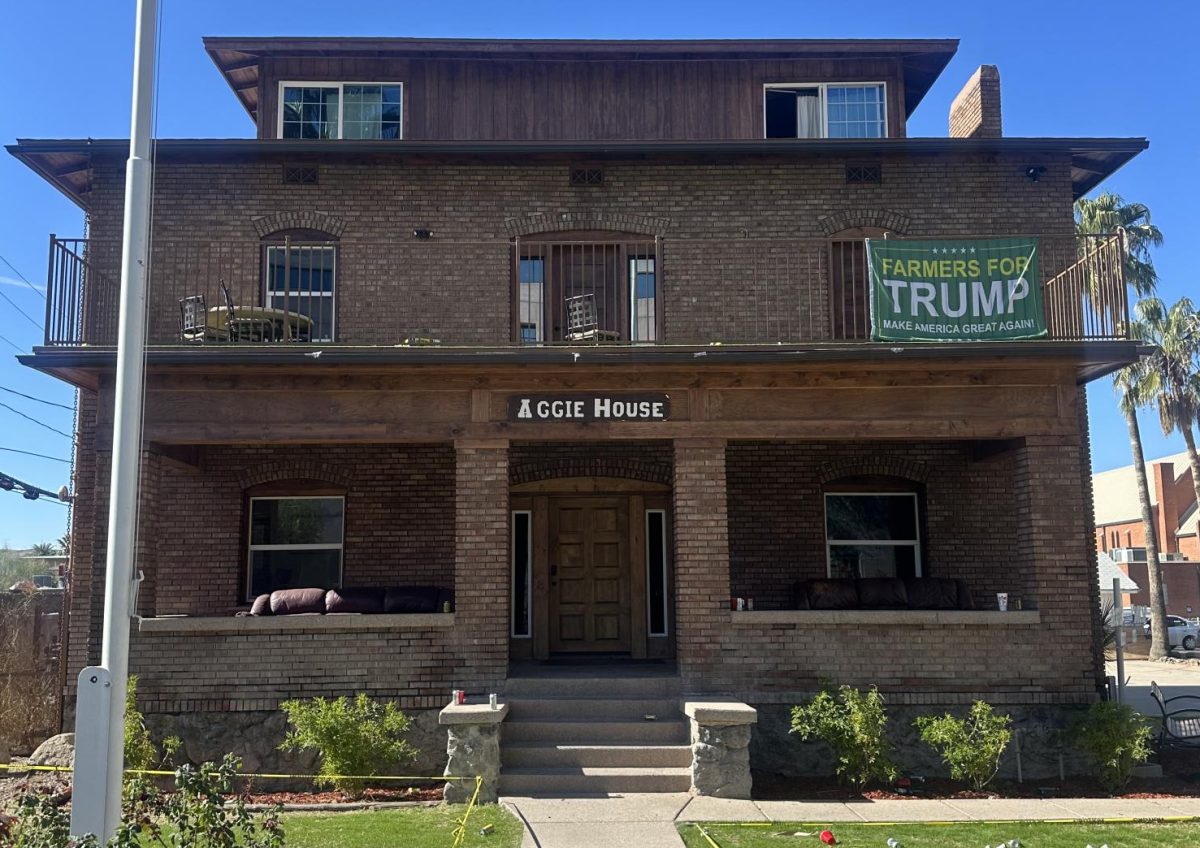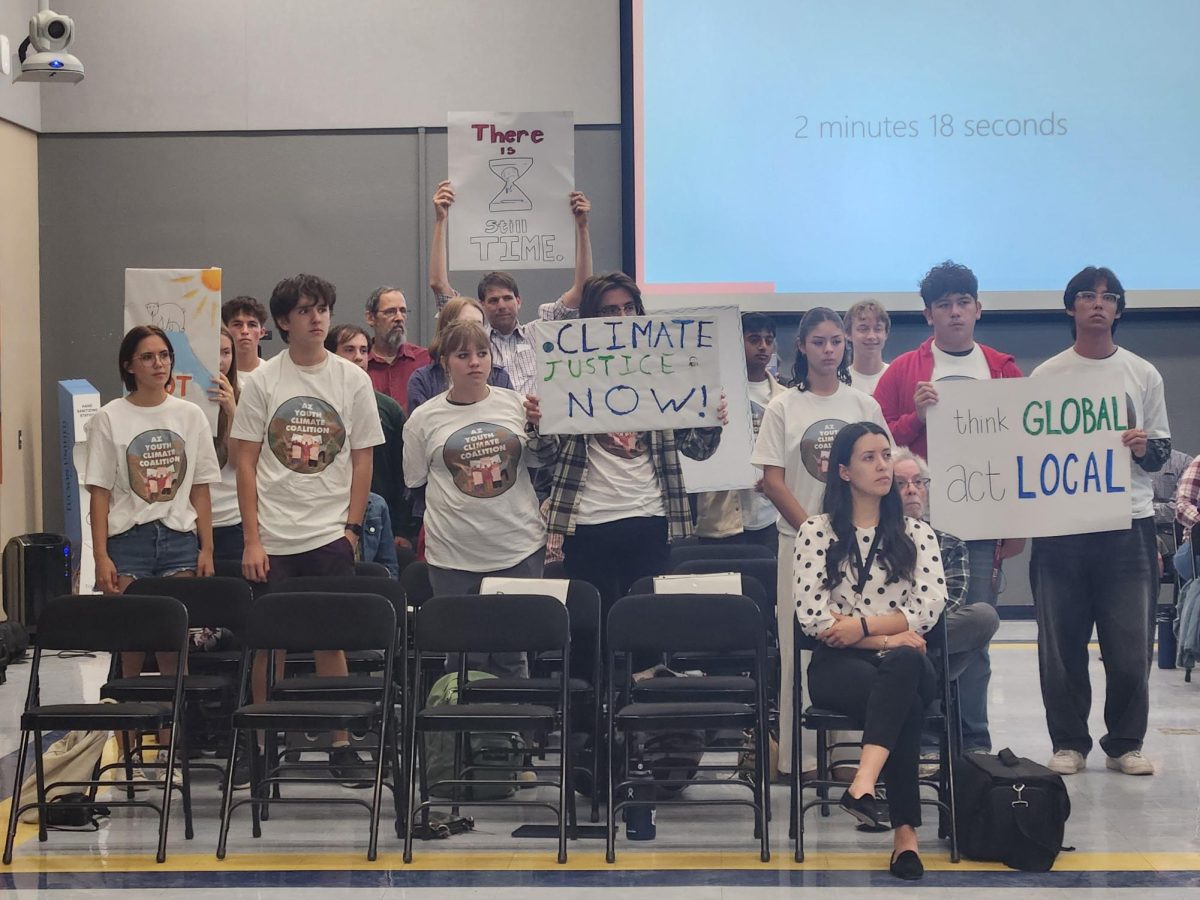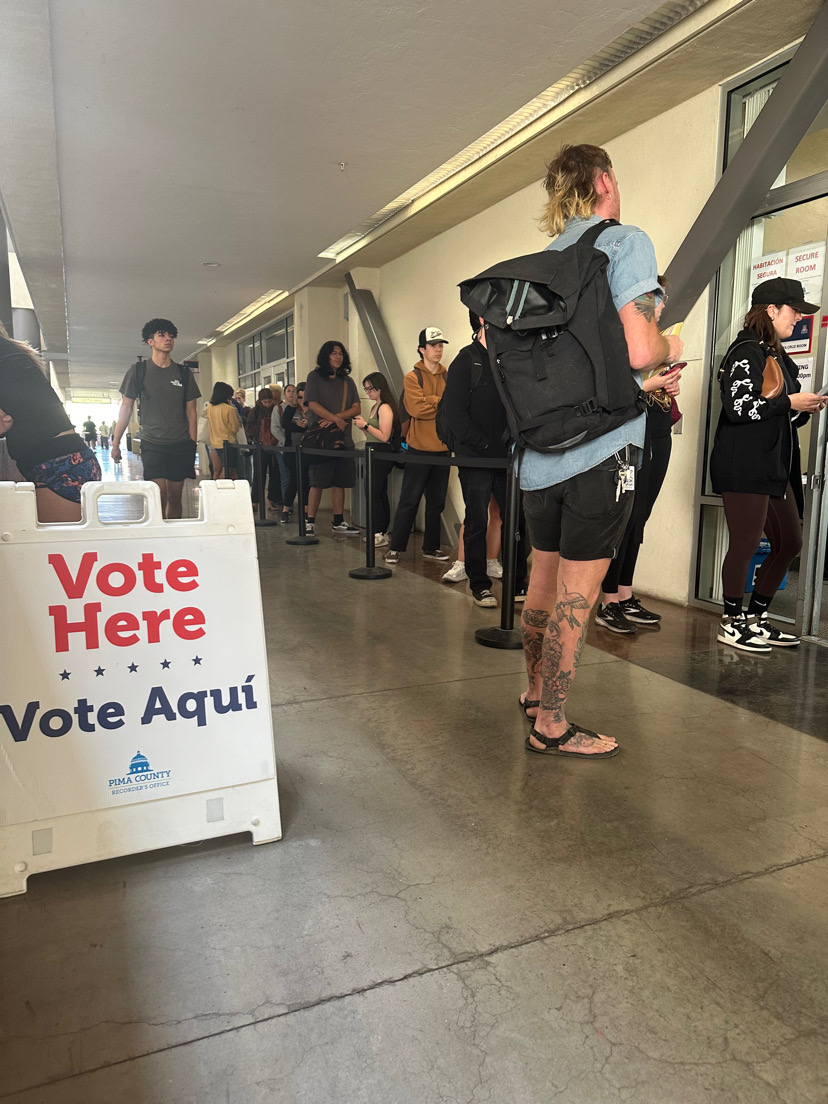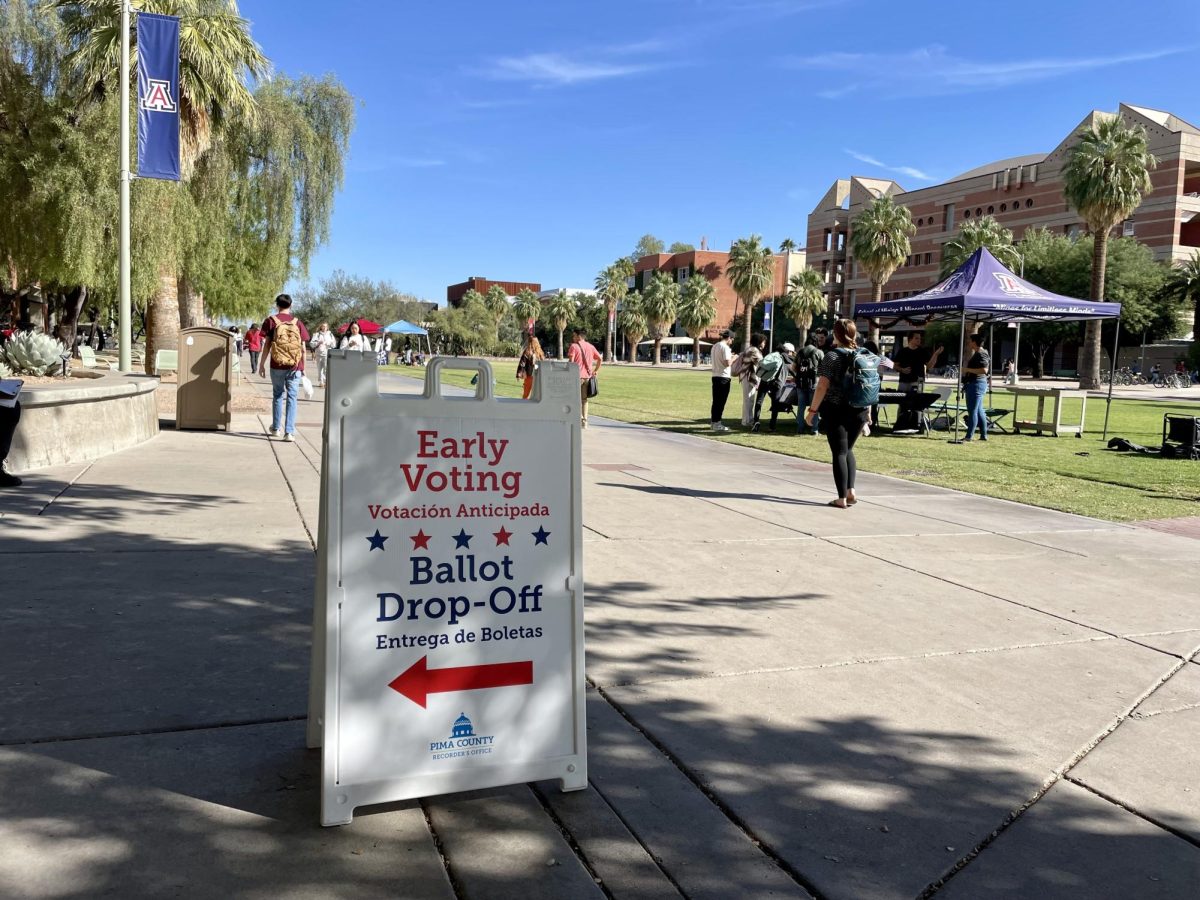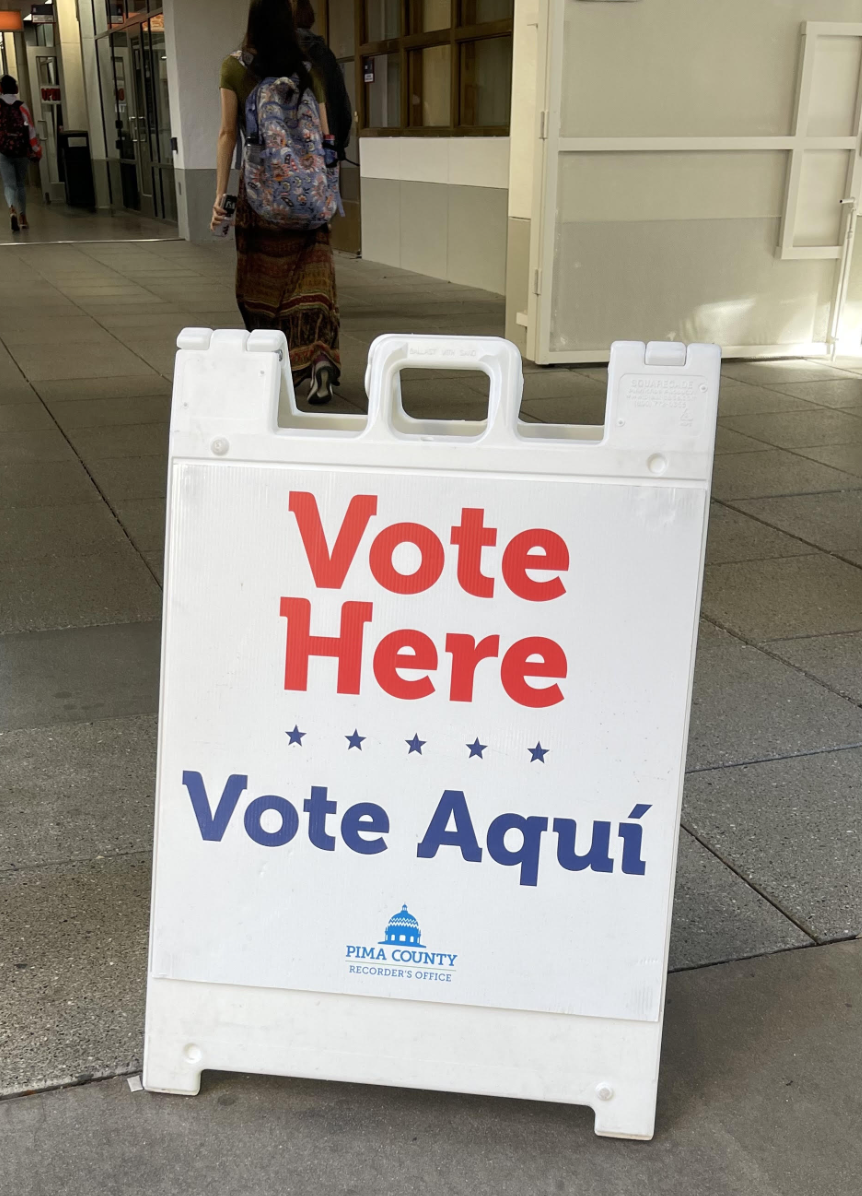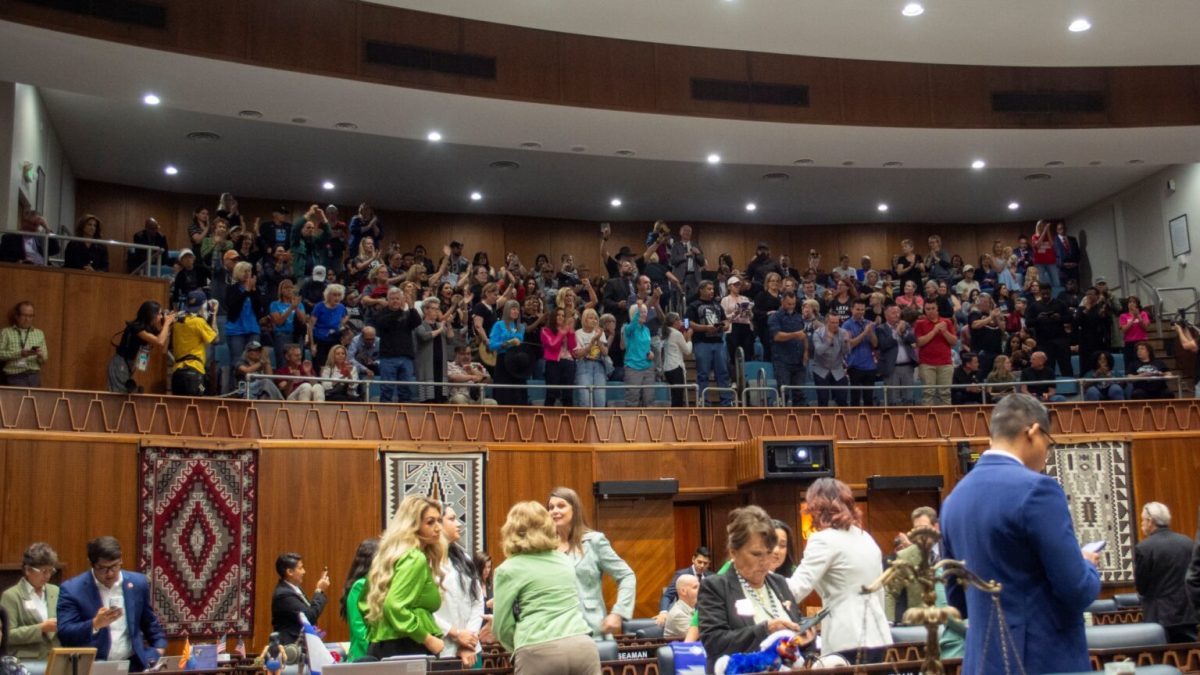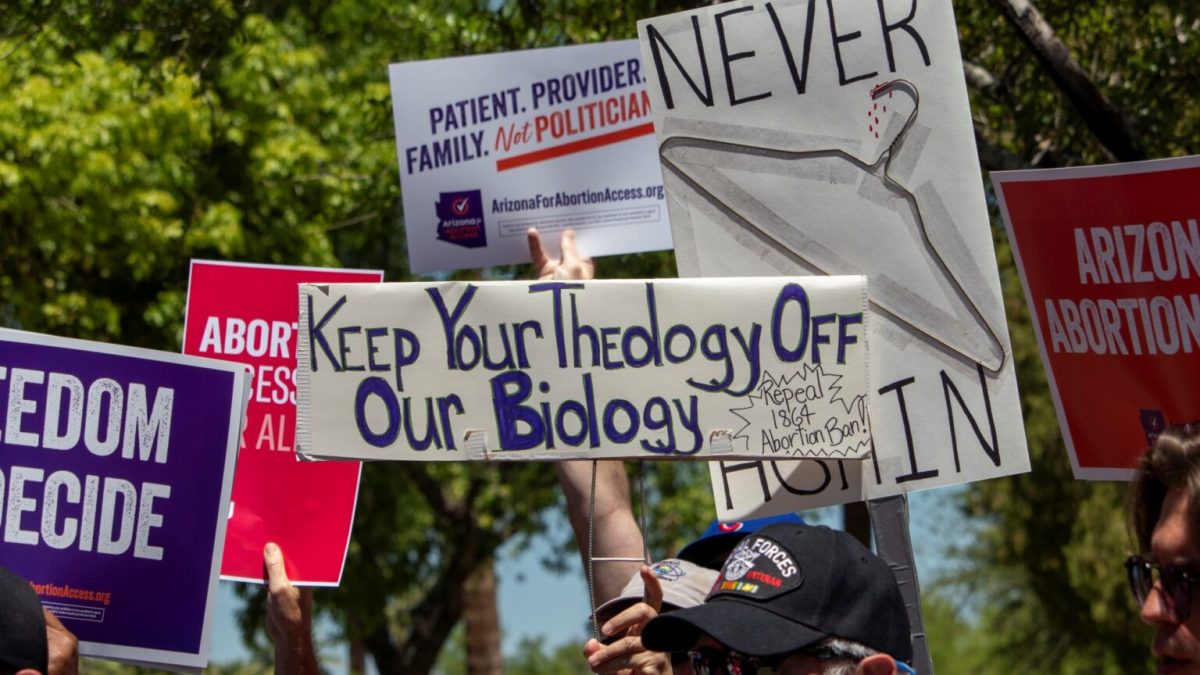 I’m a 22-year-old woman who has never touched a gun in her life, but obtaining a concealed weapons permit in Arizona took me little more than a lunch break and $100.
I’m a 22-year-old woman who has never touched a gun in her life, but obtaining a concealed weapons permit in Arizona took me little more than a lunch break and $100.
That’s contrary to what many legislators and officials have said about the CCW process this season, as they’ve debated several pieces of legislation attempting to allow guns into more and more public buildings.
Now I’ll be able to carry that concealed weapon into restaurants that serve alcohol, most national and city parks, near schools—and 36 other states that recognize my permit.
In 2010, legislators voted to water down the CCW permitting process and adopted a campaign for “constitutional carry.”
In Arizona, hip slingers needn’t worry themselves over a permit; if the gun’s visible you’re in the clear—even carrying concealed is allowed permit-free in most places. But to carry a concealed weapon in privileged places—like national parks, restaurants serving alcohol, near schools, and to have your right to carry concealed recognized in 36 other states, you’ve got to get a permit.
There are some requirements: citizenship, being 21 years old, not suffering from mental illness (this isn’t ever evaluated though), never have been convicted of a felony, and having “satisfactorily completed a training program or demonstrated competence with a firearm,” according to state law.
Previously, the course was eight hours long, teachers were DPS-certified, and classes were conducted on a pass-fail basis that included target practice.
But today, even a one-hour course will suffice.
Other valid forms of demonstrating competence include a hunter safety certificate (no expiration date listed), an expired CCW, proof of military service, or any NRA-certified gun safety course.
The one hour course I took, taught by Bob Denis of CCW AZ School, LLC., advertises on the website “1hr Law Gets Permit!”
There’s a disclaimer, that the one-hour stint is “for the person with experience with firearms, who does not have time to seat through several hours of additional firearms training” [sic], as well as a statement in class that the one-hour class is not designed for those new to guns.
But Denis never asked me whether I had shot a gun before, or evaluated my proficiency once I sat down for class.
There’s nothing that requires him in the law to evaluate that, though. Denis said later in an interview that he “took great pains, my attorney and I, to lay out the law of the land and what we were going to teach.”
Denis, a DPS-certified and NRA-certified instructor, gave a one-hour PowerPoint presentation covering a range of topics including when it is legal to use or display a concealed weapon. One slide read, “Now that I’ve taken human life, what’s next?”
We were given a copy of the PowerPoint, a packet of additional legal information, and a business card that included a statement we could give to police if we ended up in a situation where we used our weapon.
The beginning of the card reads: “If I have given this to you, it has been necessary to take actions to defend innocent life,” and continues to set out legal parameters: “I wish to make no further statements until I have contacted an attorney and composed myself.”
Denis said later in an interview that he was concerned people could get through the certification without ever having fired a gun, but Arizona’s law doesn’t demand otherwise.
So, why did he never quiz me or my three other classmates on our gun experience in class that day?
“I can’t ask 20 or 30 people independently, I have to cover it as a blanket statement,” Denis said. “Plus my attorney told me that the website does in fact cover me, as far as the legality of that, if anybody ever tried to come against CCW AZ School.”
Ultimately, Denis said he thinks those who are seeking CCWs without adequate training are hurting themselves.
“Are they trying to circumvent the system and just get the CCW?,” he asked. “If they’ve never even fired a gun before, is that going to really be of help to them? Is that really going to be of value? They’re probably just wasting their money.”
As someone new to guns, I was shocked by some of the class content, like when Denis advised us to shoot first and deal with the consequences later in the event of a home invasion.
During debate over a Senate bill that would have allowed students to carry concealed on campus, Sen. Rick Murphy, R-Glendale, touted CCW holders as “trained and following the law.”
What did Murphy think of my ability of a CCW holder to defend myself or others if a situation arose in public?
“I think it would be irresponsible of you to try,” Murphy said. “But then again we cannot always legislate responsibility and when we try we always fail. You cannot legislate common sense any more than you can legislate responsibility.”
Murphy said most CCW holders have “far more than the minimum requirement because they take their responsibility seriously.”
Rep. Jack Harper, R-Surprise, expressed his support for concealed carry on college campuses on Twitter the day of the Oakland shooting at a small religious college that killed seven.
“If more law-abiding students could carry, the damage would have been contained. Instead of six dead, it would have been ONE,” Harper posted that day on Twitter.
Harper’s initial argument about supporting campus concealed carry rested on training requirements that don’t exist. He voted to strike those down in 2010.
“Obviously its only if they have a CCW permit,” Harper assured me. “That means you have to be 21, you have to have range time for gun safety, and classroom time.”
When I showed him my CCW permit and presented him with my experience, he replied, “well, you know, it’s still a background check. That’s important. Obviously you took a one hour course, that is some kind of training,” he said.
But after pressing Harper on whether he thinks the law should be changed back to the training requirements he boasted the CCW involved, he defaulted to the Second Amendment.
“You’ve been influenced by academia,” Harper said. “The constitution is absolute.”
For House Minority Leader Chad Campbell, D-Tempe, a 22-year-old woman holding a permit without having ever fired a gun was too much.
“That’s a problem,” Campbell said. “And that’s why I have a problem with some of the gun bills down here.”
Previous CCW law required “good training, good background checks,” he said. “We basically gutted it,” Campbell said. “The CCW program is irrelevant now in this state.”
Mejdrich is a senior at the University of Arizona and is the Bolles Fellow this semester covering the Legislature. The fellowship was named to honor former Arizona Republic investigative reporter Don Bolles who was assassinated in the line of duty.


